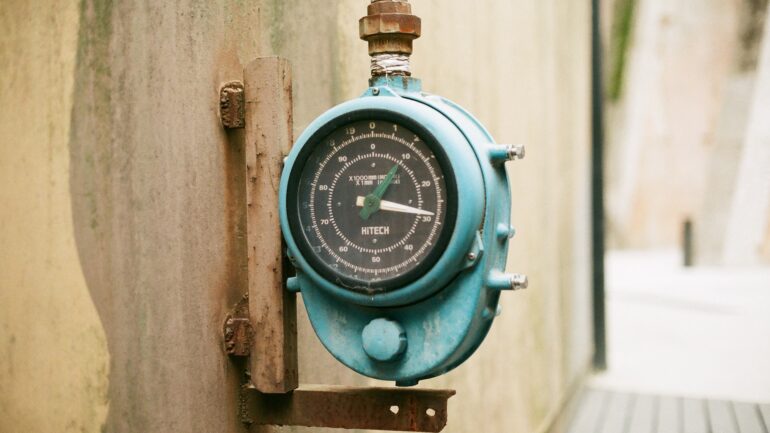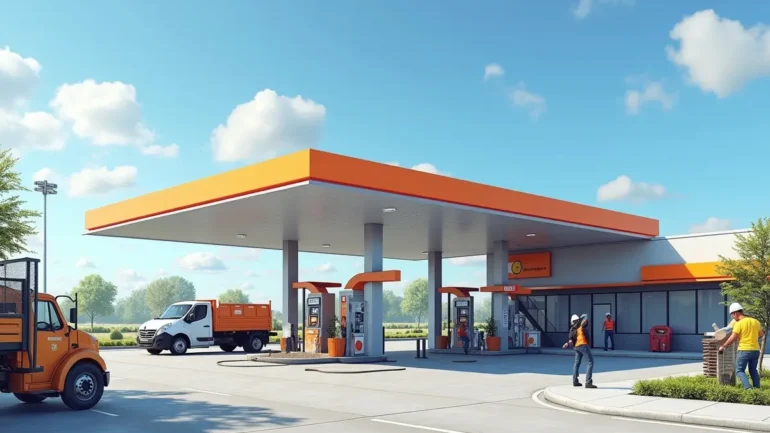There are two main methods of removing an oil tank from a property. The first is abandonment, which is less costly but leaves your property vulnerable to leaks. The second method is excavation, which is more expensive but leaves your property free of risk. Abandonment is also a meaningful way to prevent oil leaks from leaking from an oil tank in the future. However, it requires more effort and is not always as effective as the former method.
Oil Tank Abandonment Is A Real Estate Transaction.
If you want to buy a house in New Jersey, you may want to look at the property’s oil tank before signing a contract. Leaving this tank in place may not be a big deal in New Jersey, but it can be a problem if the seller doesn’t empty it. A decommissioning statement should be obtained to add to the property’s title and will be helpful for future owners. You may be able to tell whether or not an oil tank is present in the gas meter, fill valve, and breather tube.
Knowing that a homeowner’s insurance policy does not cover an oil tank is important. A property with an oil tank in its soil is not insured, and any leaks are likely to cause damage to neighboring properties. It’s also possible for groundwater to be contaminated. An experienced real estate attorney can walk you through the process of abandoning an oil tank. They will also be able to explain the importance of removing an oil tank and how to proceed once it is removed.
It Is A Simpler Method.
There are a few different ways to get rid of an oil tank, but oil tank abandonment with the oil tank abandonment Westchester County, NY, experts are the most efficient and least expensive. This process involves filling the tank with sand or foam and leaving it in place. You can find oil tanks in basements, under decks, and home additions. Oil tank abandonment requires minimal restoration of your property. In addition to removing the tank and its residual oil, this method also requires cutting open the top of the tank.
Before abandoning the tank, it is vital to know what’s inside. If you’re trying to sell the property, you need to know what is in it. An analysis report from a structural engineer or other certified organization must determine if the oil tank has leaked. In addition to the analysis report, you’ll also need a letter from the LAFD stating that the tank is safely and permanently abandoned.
It Leaves Your Property At Risk.
Oil tank abandonment risks your property because the oil or sludge may still be leaking from the tank. You must contact a certified oil tank removal company if you suspect that your property may leak. If you don’t have the proper paperwork to document abandonment, you could pay thousands of dollars in cleanup costs. Moreover, you could be liable for any damages if an oil spill occurs on your property. If the tank is old, likely, it’s not been abandoned properly.
It Prevents Oil Leaks In The Future.
If an oil tank on your property is outdated or no longer in use, it’s important to consider a few things before you begin abandoning it. First of all, oil tank abandonment is important for two reasons. First, it prevents future leaks by preventing potential contamination, making your home safer for you and your family. Furthermore, it prevents oil leaks from ruining the neighborhood and the surrounding area.
It’s also important to mark the location of your property with a street number to avoid the mistake of delivering fuel to the wrong address. The street number should be visible from the road, which is crucial for oil company personnel delivering fuel. You should also record the amount of oil consumed regularly since any sudden increase could indicate an oil leak.
It Reduces Costs
Oil tank abandonment is a process used to dispose of old oil tanks. Instead of having the tank removed and its contents disposed of, the abandoned tank is filled with sand, gravel, foam, or concrete. Then, it is covered with soil or concrete to prevent future leaks and damage. Oil tank abandonment costs much less than tank removal and requires minimal property restoration. It is also safe, as the tank can be abandoned while still containing oil.
Although abandonment can help you cut down on costs, it isn’t the most environmentally friendly option. In addition to destroying the soil, it can result in higher future costs. It’s also unlikely that the site of an abandoned tank will ever be needed for development. Finally, oil tank abandonment may not be a good choice if you’re selling your property.





